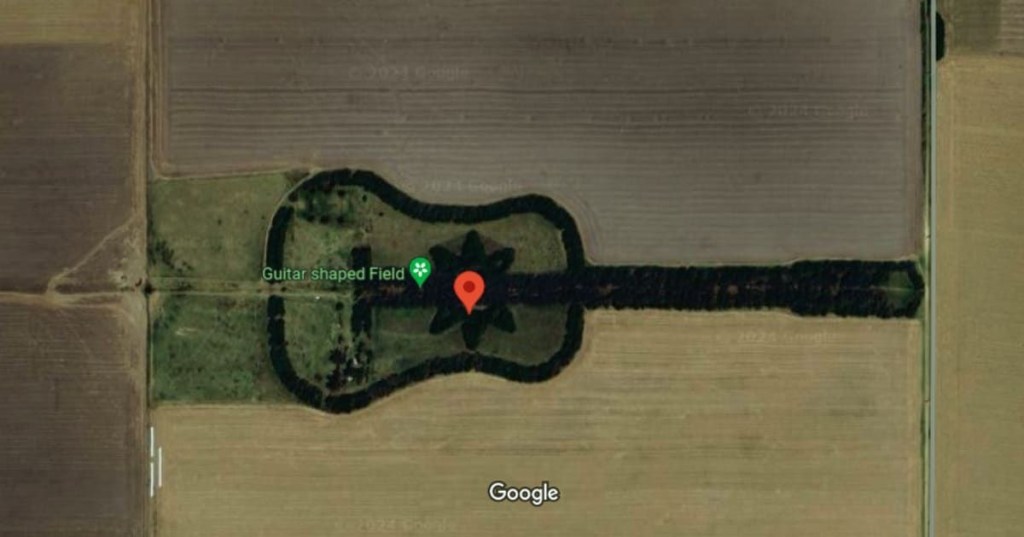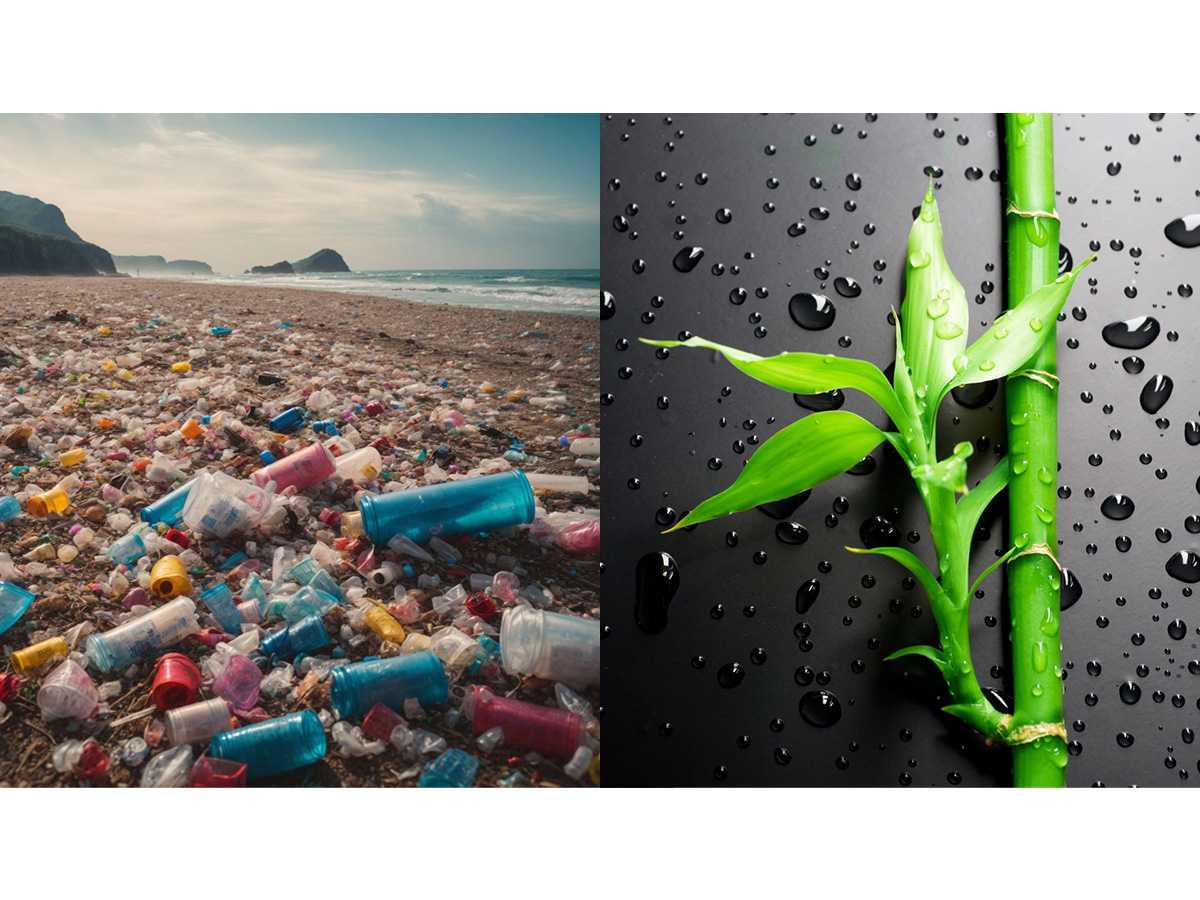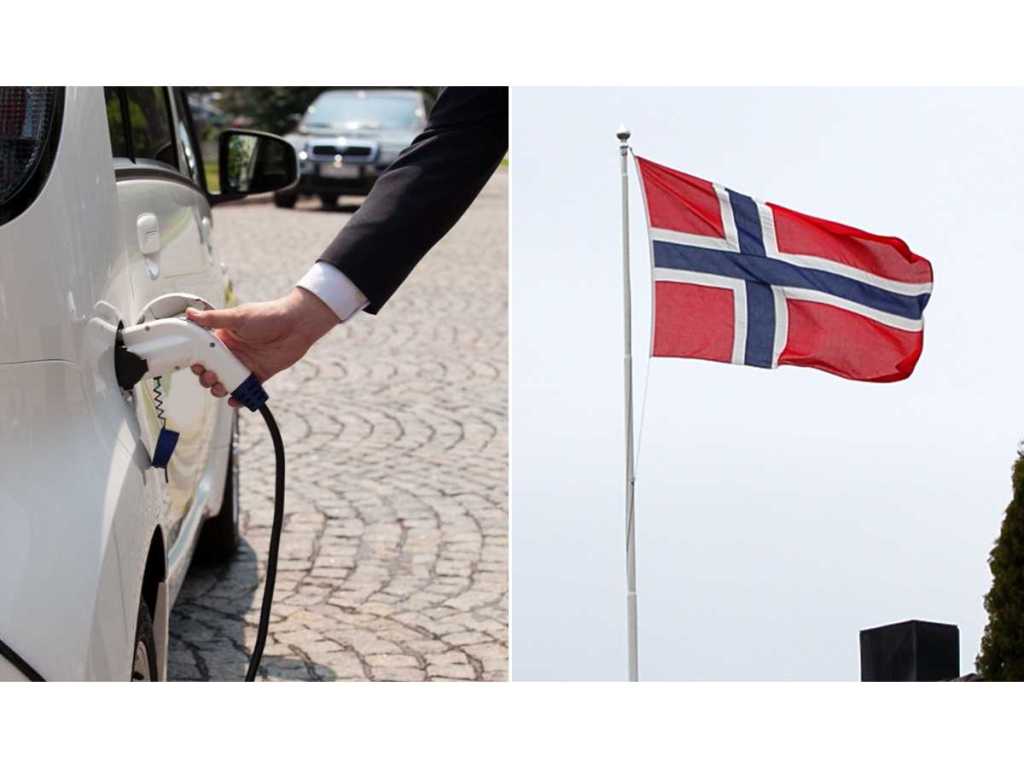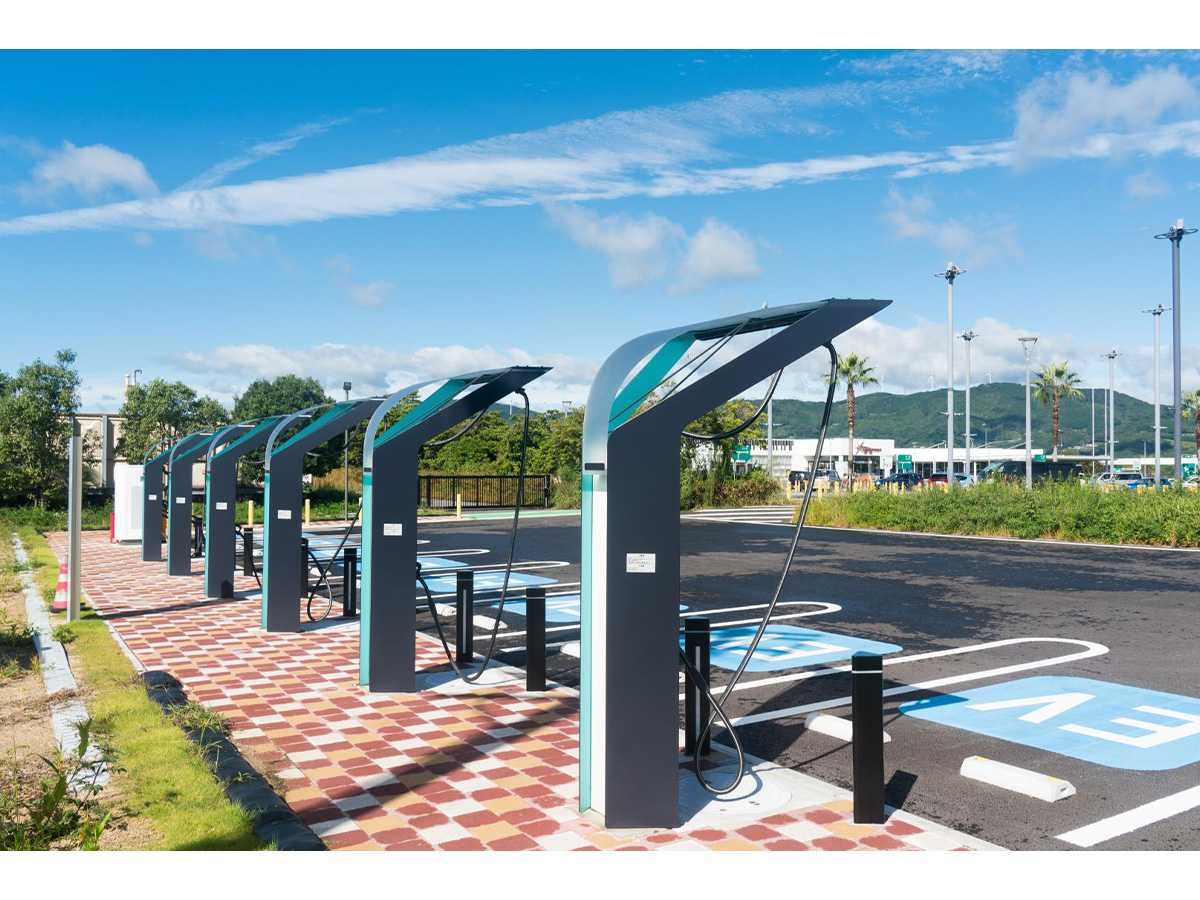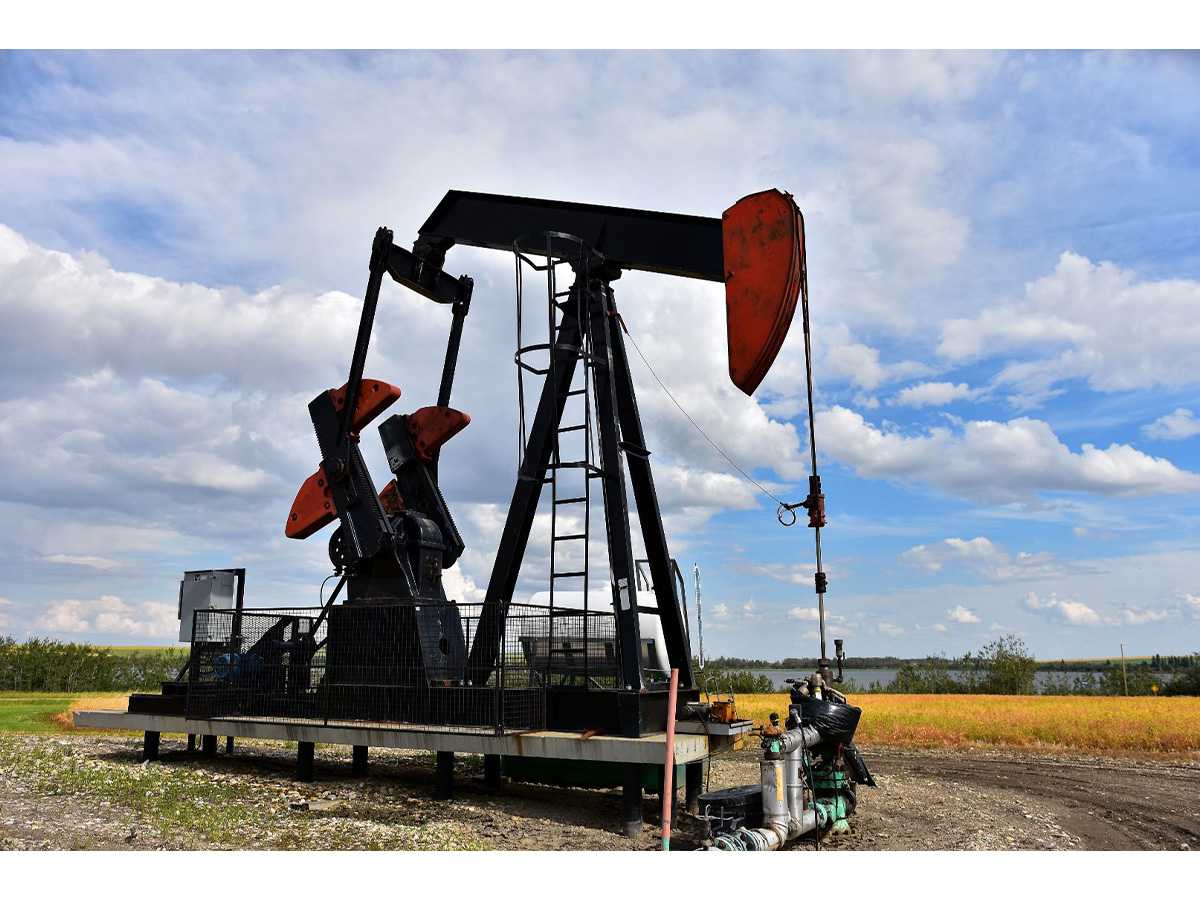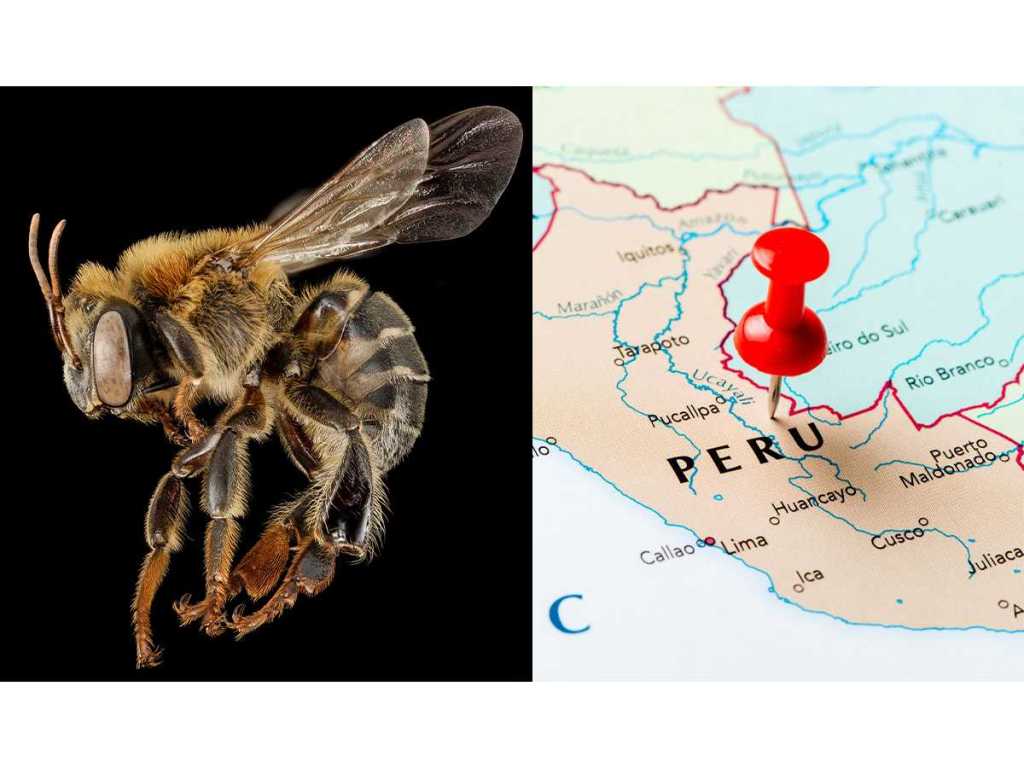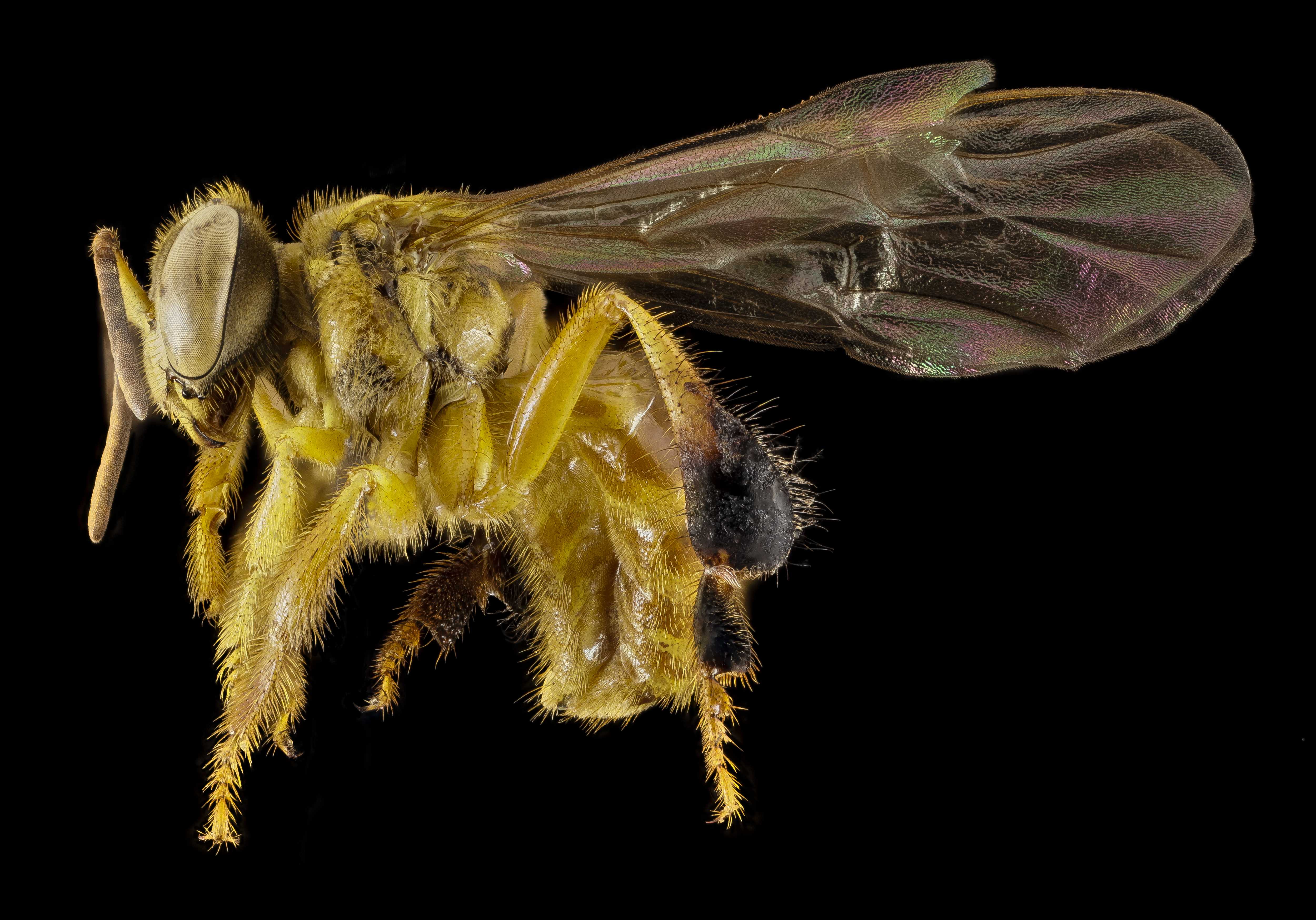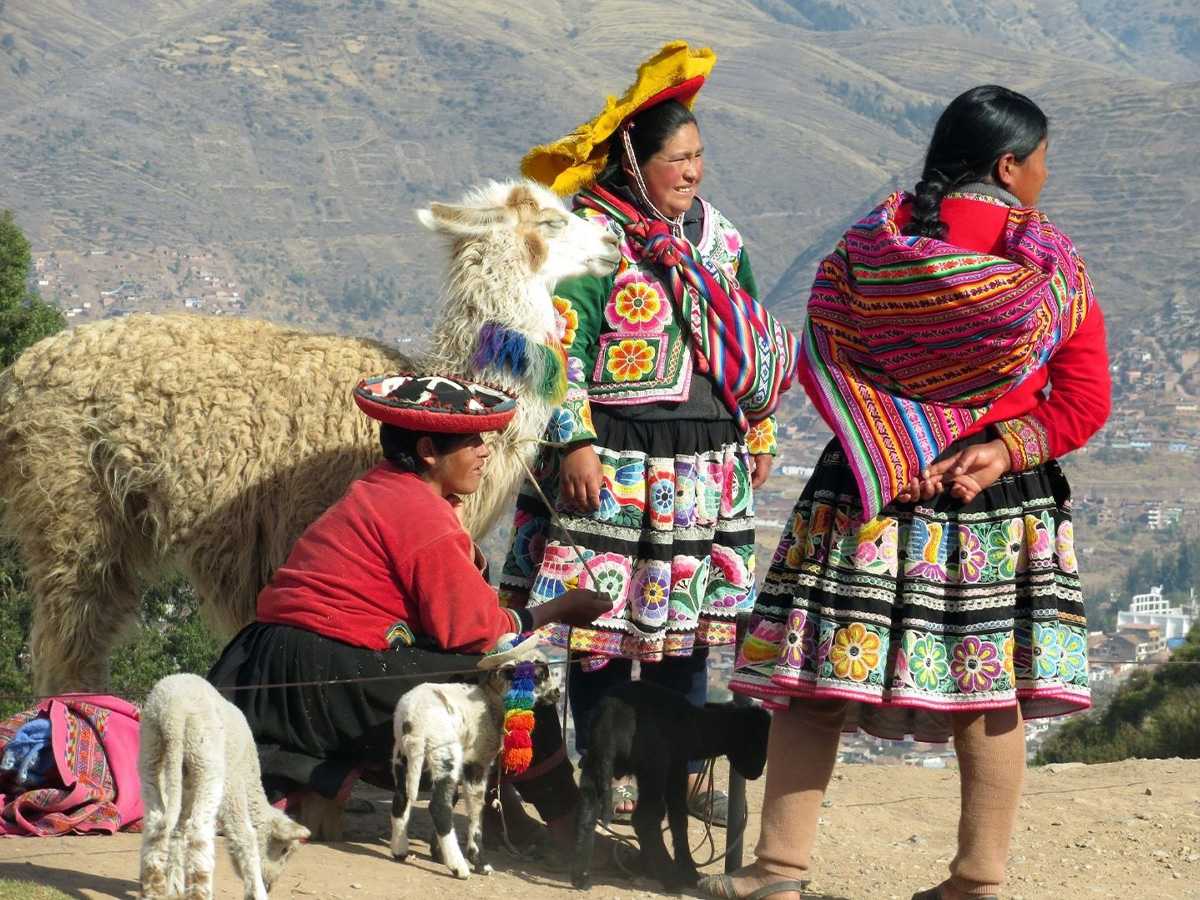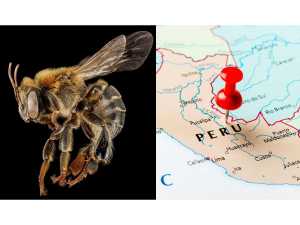If you journey to the lowland plains of Pampas, Argentina, about 250 miles south of Cordoba Province, you’ll discover a stunning guitar-shaped forest carved into the grassy farmland. This extraordinary forest is a heartfelt memorial dedicated to Graciela Yraizoz by her husband, Pedro Martin Ureta, a ranch farmer. Graciela tragically passed away in 1977 from a sudden brain aneurysm at just 25, while pregnant. A few years before her death, she had flown over the Pampas farmlands and noticed a farm designed like a milk pail. Inspired, she dreamed of creating a guitar-shaped forest and shared this idea with her husband. She adored guitars.

Although they already owned a ranch, Pedro brushed off the idea, saying they would consider it later. Sadly, “later” never came. After losing Graciela, Pedro was devastated and filled with regret.
In 1979, he resolved to fulfill one of her last wishes. When he shared the idea of a guitar-shaped forest with professional landscapers, they dismissed it as impossible. Determined, Pedro took on the challenge himself, enlisting the help of his four children to bring the dream to life, according to Conde Nast Traveler.
Pedro and his children transformed the farmland into a colossal guitar. They planted Cypress trees along the guitar’s perimeter, outlining the instrument’s neck, body, and star-shaped sound hole. Blue Eucalyptus trees represented the guitar strings, creating a striking blue and green iridescent effect when viewed from above.

During the initial days of work, he faced many challenges. For instance, pests would wreak havoc on the patch where he was working. According to Greg App, the tussocky grasses of Pampas are crowded with insects like grasshoppers, aphids, mealybugs, and spider mites. But before these pests could make his guitar forest their personal buffet, Pedro fenced the trees with scrap metal.
Today, the ornamented work of art is about two-thirds of a mile long. The best view of the patterned forest can be taken from the air or on Google Earth. The design also attracted NASA’s attention, and it utilized its Advanced Spaceborne Thermal Emission and Reflection Radiometer (ASTER) on the Terra satellite to capture and document the gorgeous vista.
Pedro’s incredible topiary work is more than just a beautiful forest; it’s a love letter and a nostalgic journey back to when Graciela was alive. It’s said that Pedro never experienced a real-time aerial view of the green guitar forest due to his fear of flying. He has only seen it in photographs.

